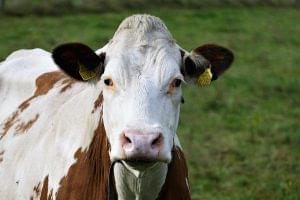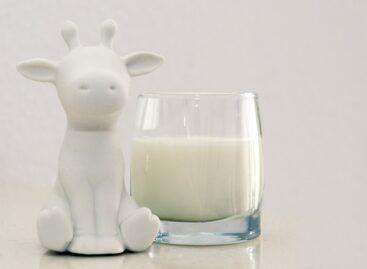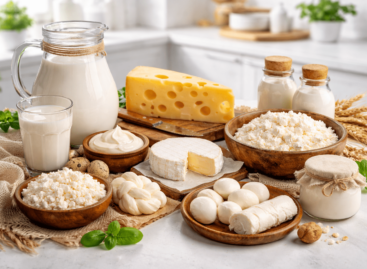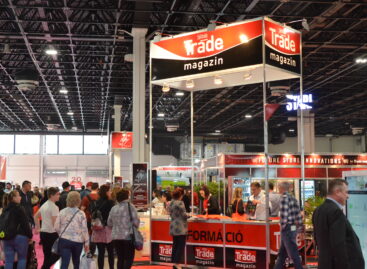AM: European farmers should not be burdened with excessive regulations
At the invitation of the Deputy Prime Minister of the Republic of Poland, Henryk Kowalczyk, the EU agriculture ministers met in Bialystok, Poland, on the occasion of the 19th International Dairy Sector Cooperation Forum, on September 8.

Too strict EU regulations are harming the chances of European and Hungarian farmers (Photo: Pixabay)
Regarding the role of the European Union, Deputy State Secretary Oszkár Ökrös emphasized that the EU is self-sufficient and a net exporter of many foodstuffs: the dairy sector is typically such a sector, in Hungary, for example, self-sufficiency in milk and dairy products is slowly approaching 100 percent. However, in order for the dairy sector to be able to maintain its position in the future, greater prudence is needed on the part of the Union.
The production of more sustainable food involves increasing costs, which tests the profitability of the sector
Even now, European farmers have to meet by far the strictest standards, which is also reflected in the price of the products. As a result, cheap products coming from third countries, produced at a much greater environmental burden, in many cases significantly impair the competitiveness of European farmers. In view of all this, certain EU production standards should be extended to agricultural products imported from third countries. Without it, there is a fear that the reduction in yields in Europe due to the implementation of the Green Agreement will be replaced by imported products from third countries, which were produced much less sustainably and with a larger ecological footprint.
Deputy State Secretary Oszkár Ökrös praised the successes of the Hungarian dairy sector
In the past decade, milk production in Hungary has increased by 26 percent, and the export value of the milk sector has more than doubled. Since 2015, significant improvements have been made on the farms of dairy cattle farmers, which also meant farm improvements, investments and subsidies based on the number of animals – emphasized the Deputy State Secretary of the Ministry of Agriculture. He pointed out that in the next period, the government’s goal is to maintain all currently applied measures affecting the dairy sector, and accordingly to ensure that investment and animal welfare subsidies are still continuously available.
Stabilizing and strengthening the income position of milk producers and, indirectly, improving living conditions in rural areas are of fundamental importance to the Government of Hungary. The support of producer groups and integration organizations is also essential from this point of view.
AM
Related news
AM: government helps dairy farmers with new measure
🎧 Hallgasd a cikket: Lejátszás Szünet Folytatás Leállítás Nyelv: Auto…
Read more >







